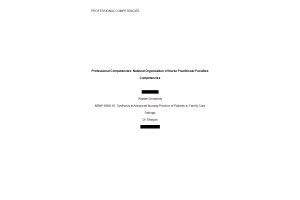NRNP 6568 Week 7 Comprehensive Practice Questions (100% Correct)
- $20.00
- Question: In treating patients for depression, the first line pharmacological treatment would be:
- Question: Mary is a new mother who was tested HBsAG+ during her prenatal screening process. Upon the birth of her infant, the newborn should be given HBIG and Hep B within:
- Question: Jon, a 63 y/o male, comes to the clinic with the following presentation. He reports a sudden eruption of multiple vesicular lesions on his scalp, forehead, and sides and tips of his nose. Treatment for Jon’s condition would include which of the following drugs?
- Question: All of the following are characteristic of the S4 heart sound except
- Question: The average age range of the beginning of natural menopause is:
- Question: Randy is a 29 y/o African American male who has a body mass index (BMI) of 30, does not exercise, and has evidence of metabolic syndrome. The first line treatment for Randy’s diagnosis would be:
- Question: Judy, a 28 y/o, presents to the clinic with a fever, vaginal discharge, and pain in the lower abdomen, pelvis, and lower back. These symptoms are accompanied by chills, nausea, and vomiting. Treatment for Judy’s condition would include all the following drugs except:
- Question: Differential diagnoses for patients with alcohol use disorder would include all the following except:
- Question: A patient with type 2 DM should have an eye exam for diabetic retinopathy every
- Question: An S3 heart sound is considered abnormal if it occurs after the age of 35–40 years of age.
- Question: The most likely source of the shingles infection comes from the reactivation of a virus from which nerve root?
- Question: Artie, a 36 y/o male, comes to the clinic with chief complaint of: intermittent flank one side flank pain. The pain is an 8 on a scale of 1–10, with 10 being the worst pain he has ever felt. He states the pain lasts from 20–60 minutes and that he must either stand or walk when the pain hits. He also notes that he has blood in his urine. Treatment of Artie’s condition would involve avoiding which of the following foods:
- Question: Serum creatinine is a better measure of renal function than BUN.
- Question: Antipsychotics lead to an increased risk of metabolic syndrome.
- Question: Which of the following insulins is a “rapid acting” insulin?
- Question: Martin is a 73 y/o male who has a 50 pack/year history of smoking and comes to the clinic for his annual physical. As you are leading him back to the exam room you note that he has dyspnea with minimal cough, a barrel chest, and appears to have lost weight since his last visit. Your physical exam confirms a 20 lb. weight loss and more noticeable pursed lip breathing. Your diagnosis is:
- Question: An S3 heart sound can be a normal finding in all the following except:
- Question: Menopause is associated with a dramatic decline in estrogen levels.
- Question: Risk factors for Alcohol Use Disorder include which of the following?
- Question: Martin is a 73 y/o male who has a 50 pack/year history of smoking and comes to the clinic for his annual physical. As you are leading him back to the exam room you note that he has dyspnea with minimal cough, a barrel chest, and appears to have lost weight since his last visit. Your physical exam confirms a 20 lb. weight loss and more noticeable pursed lip breathing. Given Martin’s condition, the first line treatment would be all the following except:
- Question: Artie, a 36 y/o male, comes to the clinic with chief complaint of: intermittent flank one side flank pain. The pain is an 8 on a scale of 1–10, with 10 being the worst pain he has ever felt. He states the pain lasts from 20–60 minutes and that he must either stand or walk when the pain hits. He also notes that he has blood in his urine. All of the following could be risk factors for Artie except:
- Question: When testing an infant for developmental dysplasia of the hip, which of the following tests could be used?
- Question: Hyperprolactinemia can be a sign of pituitary adenoma.
- Question: Oral contraceptives can be started anytime in the menstrual cycle.
- Andreas is a 22 y/o male who comes to the clinic with a UTI. In reviewing the labs that were drawn yesterday, you know that there are many squamous epithelial in the specimen. This indicates:
- Question: The most common drug trigger for Stevens-Johnson Syndrome include all the following except:
- Question: The parents of Joshua want to be able to follow their son’s growth and development patterns and ask you for a recommendation on which of the following standards would be most appropriate. You would recommend for the parents to use:
- Question: Oscar is a 41 y/o male who presents to the clinic with onset of fever, n&v, with a rapid onset of pain that radiates to the midback, epigastric region. On physical exam, you notice guarding over epigastric area and a positive Cullen’s and Grey- Turner’s sign. The most likely diagnosis is:
- Question: Sal is a 56 y/o male who the NP has seen on many occasions in the clinic. During her physical exam of the heart, the NP notices that he has a new mitral regurgitation murmur that is described as a Grade II. She notes that his murmur is associated with which part of the cardiac cycle?
- Question: Juan, an 82 y/o male, is brought to the clinic by his daughter with LLQ pain, anorexia, nausea, and vomiting. Palpation of the abdomen reveals a positive rebound tenderness,
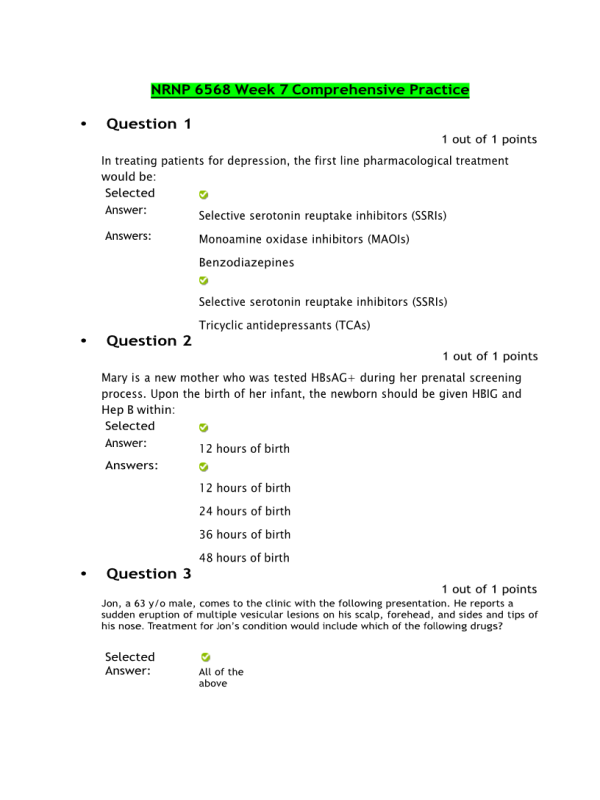
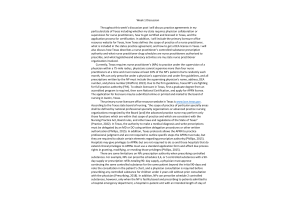
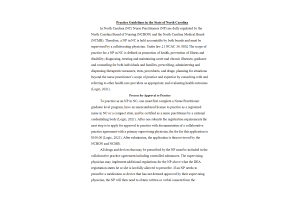
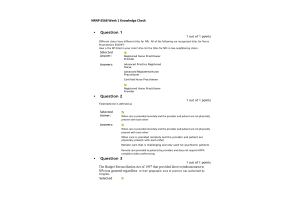
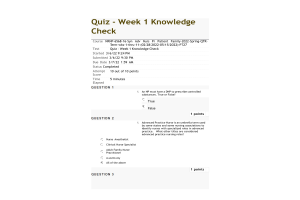
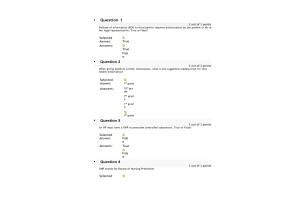
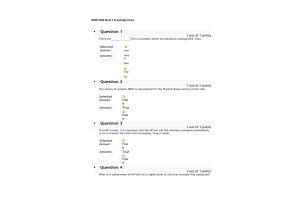
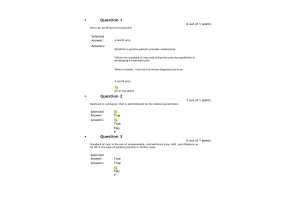
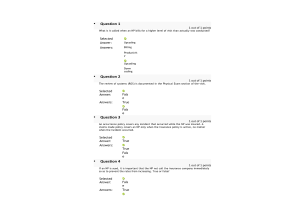
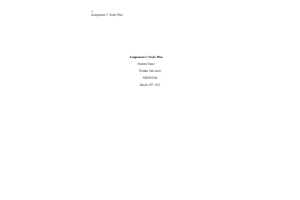
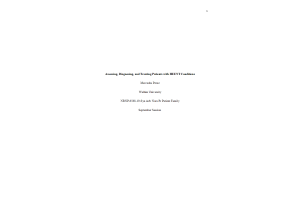
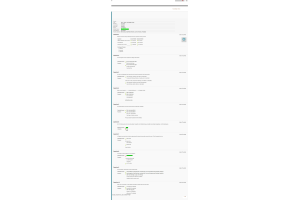
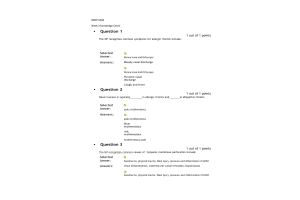
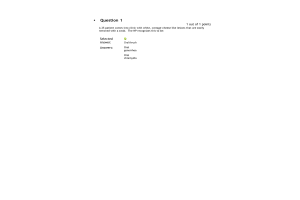
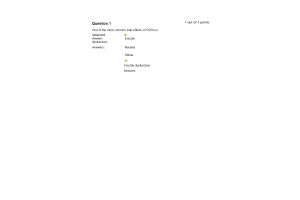
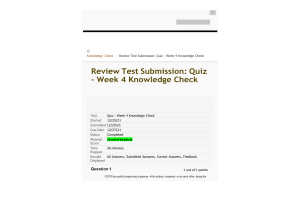
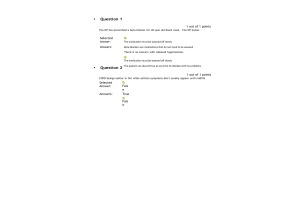
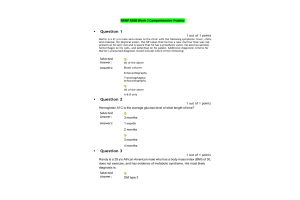
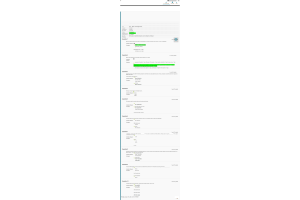
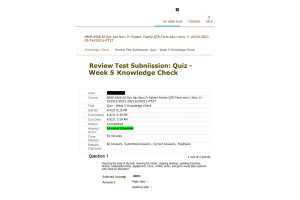
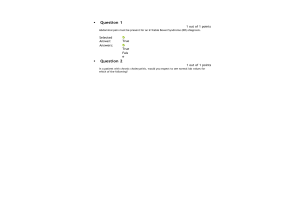
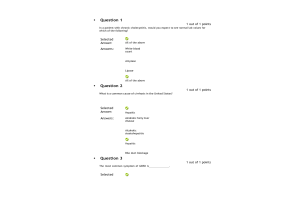
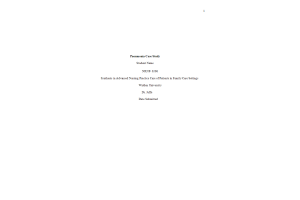
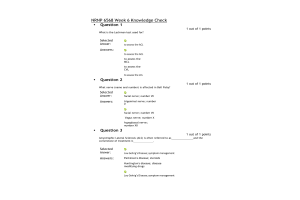
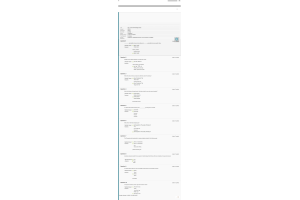
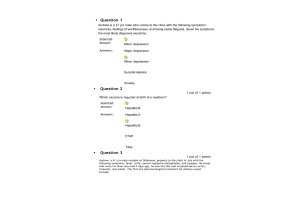
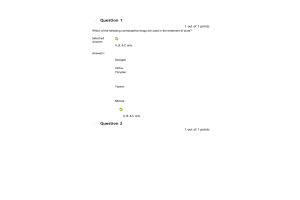
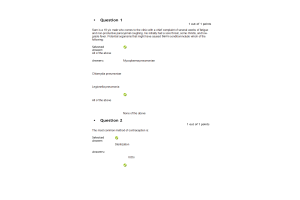
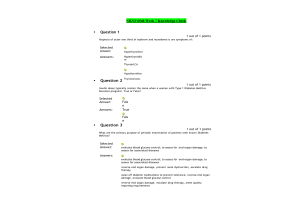
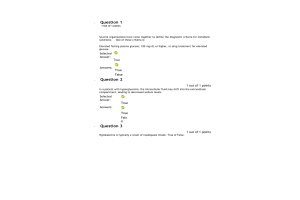
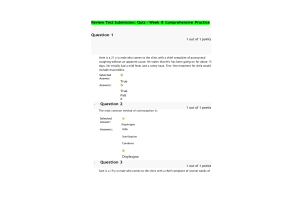
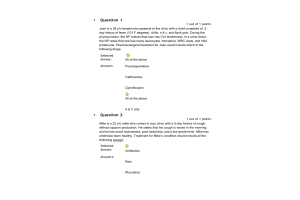
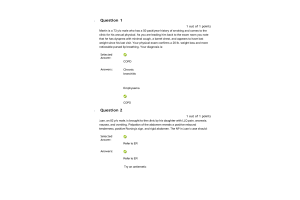
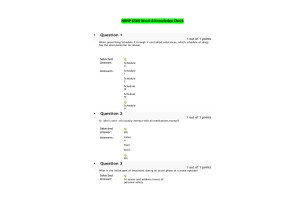
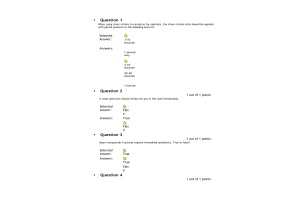
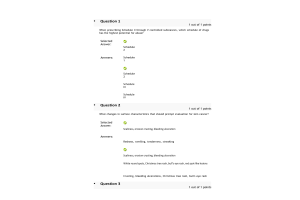
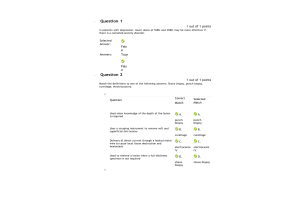
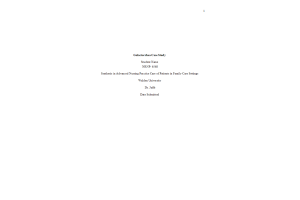
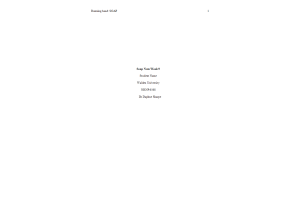
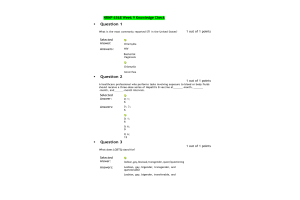
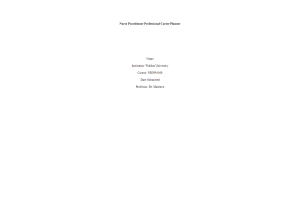
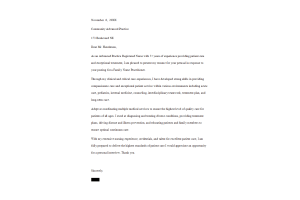
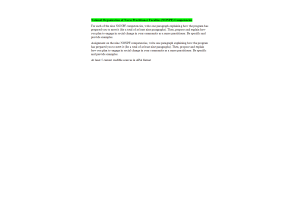

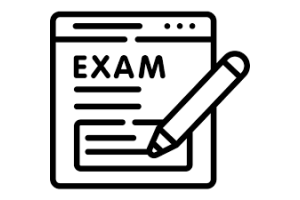

-300x200.png)


